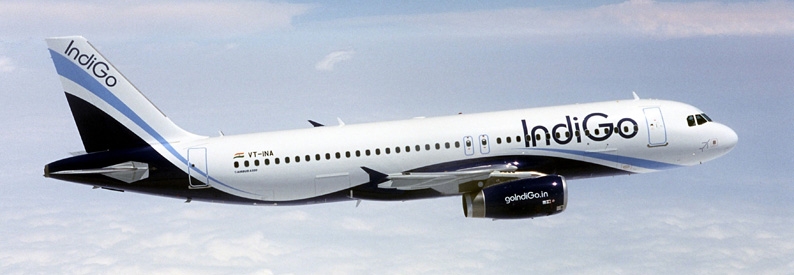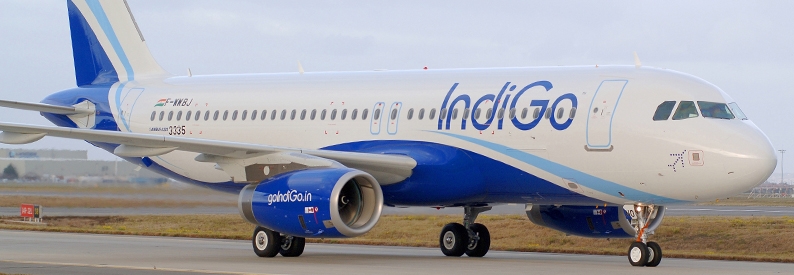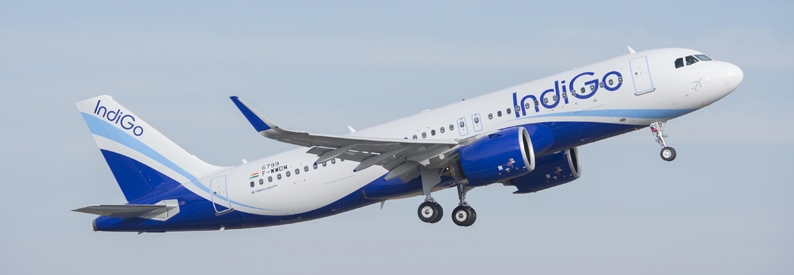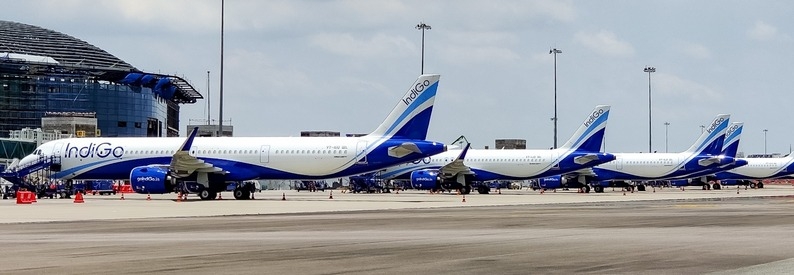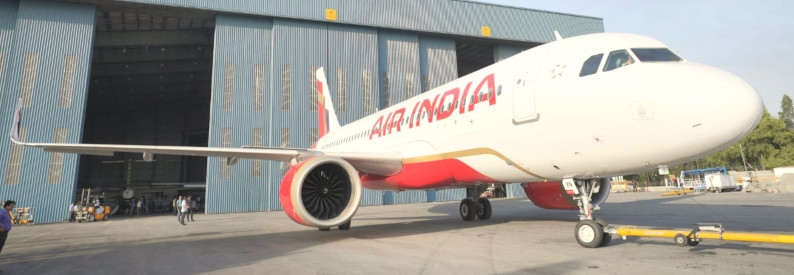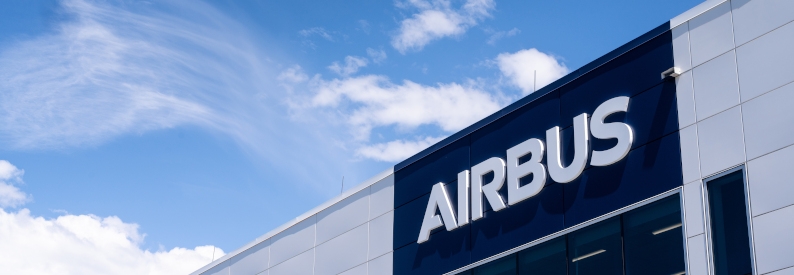At least two India-based scheduled passenger airlines are planning to wet lease in capacity over the IATA 2022/23 winter season to help offset a shortage of aircraft. IndiGo Airlines (6E, Delhi International) and SpiceJet (SG, Delhi International) have reportedly closed deals with Turkish carriers to provide aircraft over upcoming months.
According to the Economic Times, IndiGo Airlines has reached an agreement with Turkish Airlines (TK, Istanbul Airport) to wet lease three B777s and is also reportedly negotiating to wet-lease an undisclosed number of A321s but that deal is yet to close. Meanwhile, SpiceJet has reached an agreement with Corendon Airlines (XC, Antalya) to wet-lease up to seven B737 MAX. Neither airline currently uses wet leased aircraft.
Notably, this will be the first time IndiGo has used widebody jets as according to the ch-aviation Commercial Aviation Aircraft Data module, its fleet currently includes thirty-five ATR72-600s, twenty-five A320-200s, 146 A320-200Ns, sixty-eight A321-200NXs, and a single A321-200(P2F). Around 30 aircraft from IndiGo's current fleet are reportedly not flying owing to a shortage of new engines caused by supply chain issues at Pratt & Whitney. The widebodies, which will also see IndiGo introduce a business class product for the first time, will be used on charter services as well as scheduled flights between Mumbai International and Istanbul, and Delhi and Istanbul.
"We have received an in-principle approval from the regulators for wet leasing aircraft and induction of these remains subject to further requisite regulatory approvals," said an IndiGo spokesperson.
SpiceJet will begin introducing their wet-leased B737 MAX early in 2023 on a three-month contract. India's Directorate General of Civil Aviation (DGCA) permits ACMI contracts for up to six months in certain situations. The lease is designed to cover SpiceJet's capacity shortfalls while it waits for Boeing (BOE, Washington National) to restart its MAX deliveries to them. SpiceJet already has thirteen B737-8s in its fleet but has a further 129 on order. SpiceJet has reportedly had difficulties locking in a delivery timeline once India began allowing the MAX to fly again.
In addition to the MAX, SpiceJet's fleet includes thirty-two DHC-8-Q400s, five B737-700s, three B737-700(BDSF)s, nineteen B737-800s, two B737-800(BCF)s, and three B737-900ERs.
- Type
- Base
- Aircraft
- Destinations
- Routes
- Daily Flights

